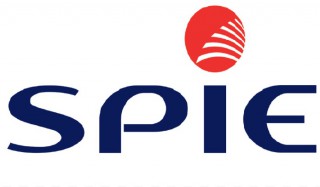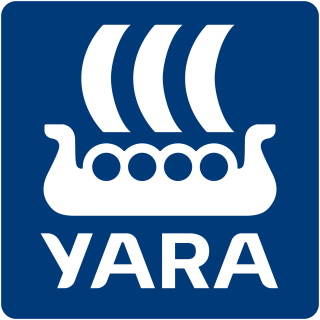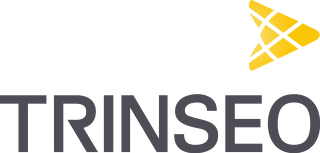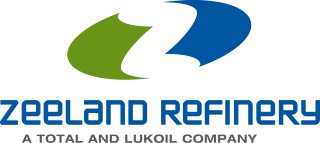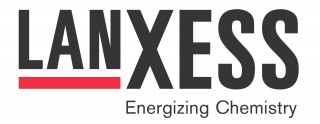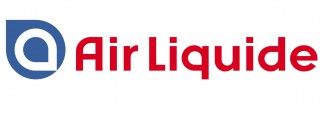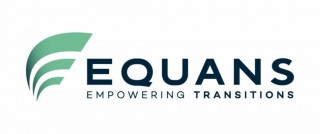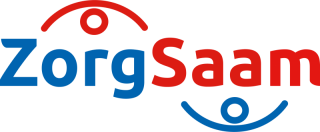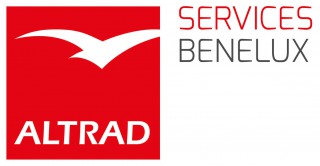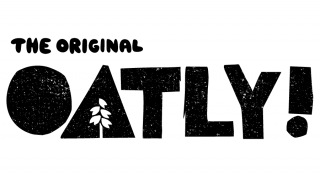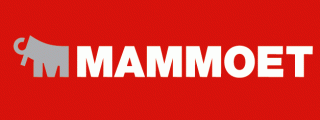Quentin completed his IKT-2 training!

Quentin Wong-Chung completed his IKT-2 training in August and Michiel discussed this with him.
When did you start at Dow via Nouvall and in what position?
On January 1, 2019 as supervisor (WAC Mechanisch).
How did you come up with the idea to do a course and why specifically IKT-2?
I started my technical career as a welder and in that position I have already had to deal with inspectors and inspections. This position also gave me a lot of relevant knowledge about welding processes, welding certificates, conditions in which welding is performed, etc. After welding for a number of years, the idea arose to grow 'later' towards a position as an inspector. When I was still working at Dow as a WAC (Work Activity Coordinator), I started talking to employees of the inspection department. In those conversations with, among others, Leader Marco van de Ven and Dennis Freijzer, many technical terms and explanations were discussed. Because of the good feeling that came from the conversations, both on a personal and technical level, and the opportunity that was offered to grow into the position I always aspired to, I made the decision to transfer to the inspection and starting there as a junior. By following the IKT-2 training, I was then able to further develop into a fully certified inspector.
What role did Nouvall play in this?
As I just explained, I myself got into a conversation with the inspection department. After I had made the decision to switch, Nouvall helped me a lot to further coordinate everything. For example, we adapted the working hours to the course and made good financial agreements, making it a win-win situation for all parties involved.
Can you tell us a bit more about the content of the IKT-2 training?
The full name is: Inspection and Testing Techniques, level 2. The training lasted 2 years for me. When you have achieved this, you can also certify yourself on the basis of a thesis and defend it. The 1st year can largely be compared with the perhaps slightly more familiar course, IWT (International Welding Technologist). This includes technical subjects such as: construction theory, welding processes, material knowledge and manufacturing assurance.
The 2nd year is mainly focused on inspection activities and the applicable rules from Dutch law. Then you are mainly talking about the Pressure Equipment Commodities Act Decree (WBDA). Using this law as the applicable guideline, I wrote a mini thesis about a practical situation, where there was a crack in a welded connection of a pipe that had been inspected. You will then prepare a report in which you answer what you have researched, how you did it, which technical characteristics are important (temperature, medium, material), and how this has been solved. This mini-script is very similar to the working method used on Dow, so this was a very good exercise.
What was it like to follow this training in corona time?
That was a big challenge. Before corona, lessons had an interactive character where you work together and help each other. Unfortunately, that social was forced to disappear and online (reading) sessions came in its place. You notice this clearly in the lessons where calculations and formulas were discussed. When you practice it together, you'll get away with it faster than if it was read online. This is not a commentary on the training, but that suited me less well.
What do you remember most about the training?
Everything was very well organized at the Hogeschool Utrecht, right down to the buffet. It was also very nice to get to know the fellow students (and sometimes colleagues from Dow) better. In terms of getting to know those colleagues better, it has also improved communication on Dow and made it more effective. Another striking thing that has stayed with me are the teachers; what a vast knowledge they have! They are real professional idiots in a very positive sense ;)
How did you start using the training in practice?
You especially use the practical inspection techniques that we have learned on a daily basis. The content of the reports we use on Dow corresponds to what I learned during my training so you know very well what to look for and what is important. You learn what the crucial factors are and also which inspections (investigations) you should apply in specific situations. You really need that substantive knowledge to understand this properly.
Looking back now, what influence has the training had and where have you grown?
I've learned to prioritize better and not procrastinate. The training has helped by providing the right substantive knowledge to make the right decisions. I am also allowed to carry out more inspections because my knowledge has expanded. Within Dow I started as a pipeline inspector. As you gain more experience and knowledge, this becomes more and more extensive, for example I now also inspect safety accessories, devices and other equipment. and other equipment.
Finally, what has the training brought you?
SALARY!!! Haha no kidding. Of course that has also changed in a positive way, but the important thing is that you now know what you are talking about. This puts you more firmly in your shoes in discussions on the plant where you as an inspector try to convince others. By following the training I can now better assess these situations.
Finally, what has the training brought you?
SALARY!!! Haha no kidding. Of course that has also changed in a positive way, but the important thing is that you now know what you are talking about. This puts you more firmly in your shoes in discussions on the plant where you as an inspector try to convince others. By following the training I can now better assess these situations.




